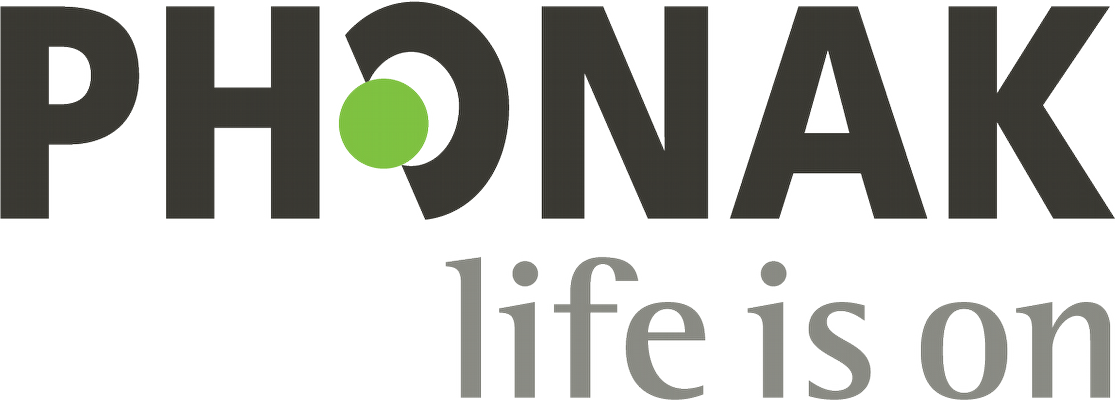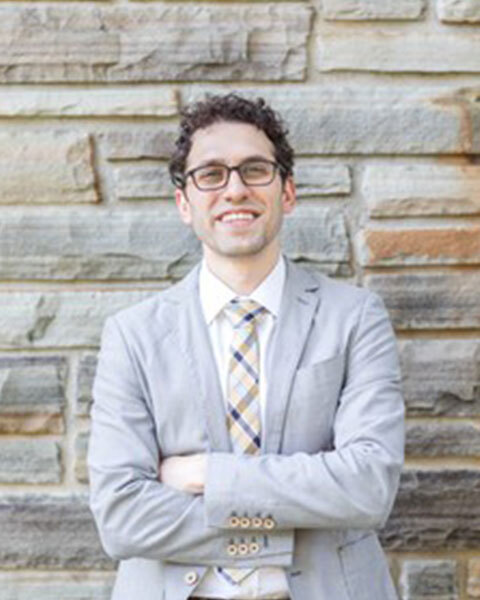
eAudiology
Do Hearing Aids Modify the Association of Hearing Loss and Health-Care Expenditures?
-
Register
- Non-member - $60
- Member - $35
- Student - $10
AAA 2021 Virtual: Do Hearing Aids Modify the Association of Hearing Loss and Health-Care Expenditures?
Presented at AAA 2021 Virtual
Presenter: Nicholas S. Reed, AuD
Duration: 30 minutes
CEUs: 0.05 AAA
Instructional Level: Intermediate
Program Focus: Knowledge
Learning Outcomes: Upon completion, each participant in the eAudiology Web Seminar will be able to:
- Describe the association of hearing loss and healthcare spending, healthcare utilization, and dissatisfaction with healthcare from previous studies.
- Characterize the pathways through which hearing loss may be a modifiable risk factor for poorer healthcare spending and utilization.
- Identify two potential methods to mitigate the association of hearing loss on healthcare spending and satisfaction with care.
Description:
Recent research suggests adults with hearing loss experience increased healthcare expenditures and are less satisfied with quality of healthcare relative to those without hearing loss. Importantly, these findings may be modifiable outcomes via hearing aids and/or communication partners in healthcare settings. This presentation will report the results of two analyses: impact of hearing aid use on healthcare spending and whether being accompanied to healthcare visits modified the association of trouble hearing and satisfaction with healthcare quality.
Sponsored by:


Nicholas S. Reed, AuD
Faculty/PhD Candidate
Johns Hopkins Bloomberg School of Public Health
Baltimore, Maryland, United States
Dr. Nicholas Reed is an Assistant Professor in the Department of Epidemiology at Johns Hopkins Bloomberg School of Public Health with a joint appointment in the Department of Otolaryngology-Head and Neck Surgery at Johns Hopkins School of Medicine. During his training as a clinical audiologist, he became concerned with the current state of hearing care in the United States. His research focuses on direct-to-consumer hearing care, understanding hearing aid use in the United States, the relationship between hearing loss and health care outcomes/interactions, and whether interventions targeting hearing loss can mitigate these associations. He approaches his intervention work through an implementation science lens with a focus on sustainable interventions to create a more equitable health care system for the millions of adults with hearing loss. Dr. Reed is core faculty at the Cochlear Center for Hearing and Public Health where he is the Director of the Audiology core. In this capacity, he oversees the integration of hearing measures and hearing care into cohort studies and clinical trials. This includes selection of appropriate measures, grant preparation support, development of hearing data collection protocols, technician training procedures, quality assurance, data management, and quality control. He currently manages hearing data collection the Baltimore Longitudinal Study of Aging, the Atherosclerosis Risk in Communities Neurocognitive Study, the BIOCARD Study, the Baltimore Epidemiologic Catchment Area Study, and National Health Aging and Trends Study. He is a co-investigator in the Aging and Cognitive Health Evaluation in Elders (ACHIEVE) trial where he is a member of the hearing intervention subcommittee and co-chairs the recruitment subcommittee.
Disclosure: Financial Disclosures: I do not have any relevant financial relationships with anything to disclose.
Non-Financial Disclosures: Scientific Advisory Board Member (no financial relationships) to Shoebox Inc and Good Machine Studio
